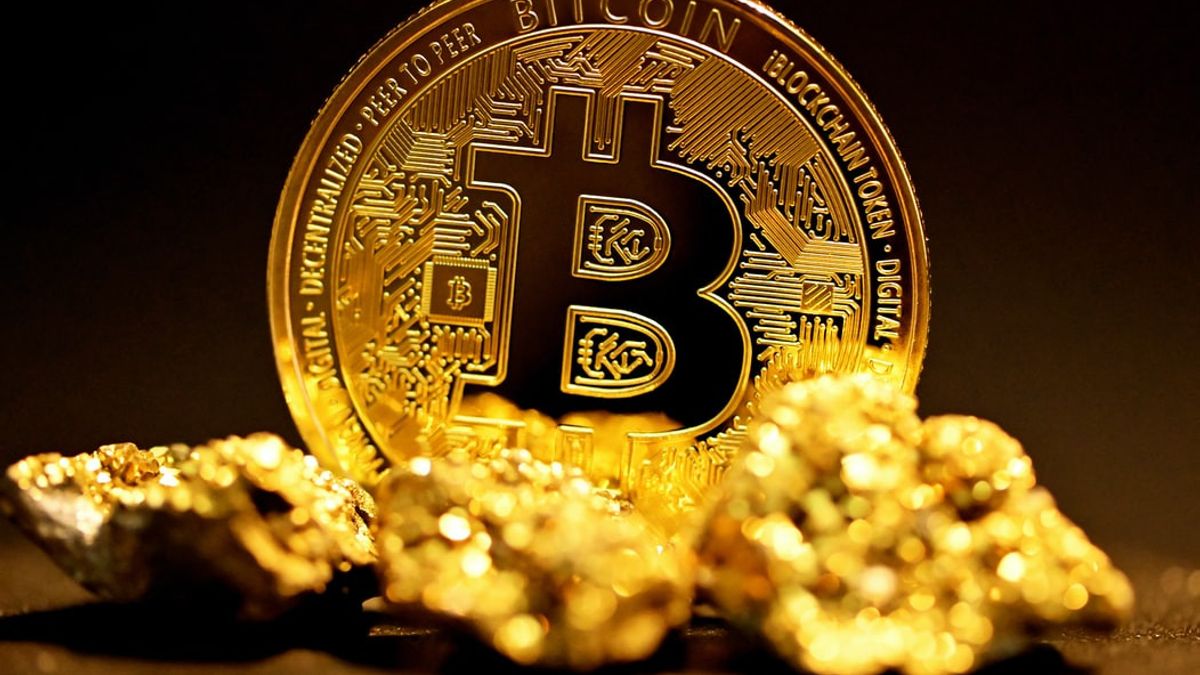Is Bitcoin A Hedge Against Inflation?

As we go into 2022, the word “inflation” will continue to be used often in the news, media, and financial headlines. In light of the pandemic, governments throughout the world have printed vast quantities of money, raising concerns about the effects this is making on national economies. The most intelligent cryptocurrency trading platform, Biti Codes, allows for simple trading.
One of the main economic worries that many investors, analysts, and economists have is inflation, which is causing a great deal of concern, anxiety, instability, and a general lack of trust in the markets. Let’s examine what inflation is and a few of its causes.

Let Us Understand Inflation
It helps to have a fundamental understanding of how the economy functions, specifically how interest rates are managed by central banks to encourage lending and borrowing, in order to better comprehend inflation. Inflation is described as the gradual depletion of a currency’s purchasing power as time passes. A measure of how quickly one’s buying power is degrading through time in an economy is the average rise in prices of a range of products and services.

What Causes Inflation To Occur?
Many factors can contribute to inflation, but the main one is a growth in the money supply, with significant amounts of money printing in general as witnessed in the wake of the pandemic. Persistent inflation, in the opinion of the majority of investors, occurs when a nation has a larger money supply than it has economic growth.
Types Of Inflation
Cost-Push Inflation: When prices rise as a result of rising manufacturing costs, raw material prices, and labour expenses, this process is known as cost-push inflation. Despite a constant demand for commodities, there is a decreasing supply because of rising production costs. Customers must therefore incur additional costs as a consequence. An example of this is the energy industry which experiences cost-push inflation most frequently in the form of rising oil and gas prices.
Demand-Pull Inflation: High demand for goods or services can result in demand-pull inflation. In the event of an unanticipated rise in demand, prices may rise as a result. In the short term, this kind of inflation is not a reason for alarm, but a prolonged increase in demand might have an impact on the entire economy and drive up prices for other goods and services.
Built-In Inflation: The main source that drives this sort of inflation is the expectations derived from people. People have grown accustomed to expecting inflation to rise year over year going ahead. Everything from the price of products and services to salary growth over time may be attributed to this expectation.

Some Assertion As To Why People Take Bitcoin As A Stronger Hedge Against inflation Over Gold?
The supply of bitcoins, which is fixed at 21 million, is generally known to investors, but the exact amount of gold is unknown.
- Furthermore, Bitcoin can be stored on a flash drive for a billion dollars, making it significantly more portable than gold.
- Since we can almost instantaneously move someone anywhere in the globe with any amount of dollar value of Bitcoin utilizing only a mobile device, Bitcoin makes value transfers simpler. However, gold cannot be transported comparably.
- Bitcoin is simpler to keep, more secure and has the potential to be more useful when used as a secure network.
- Additionally, unlike stocks, which are owned by a small number of corporations or shareholders, bitcoin is not connected to the risks of any one economy or currency and has a smaller third-party exposure risk.
Conclusion
Both gold and bitcoin have been fiercely disputed topics among investors. However, the investor is the only one who can decide which one to pick for a safer investment. However, the assumption stated above will certainly assist you in making a judgement.




